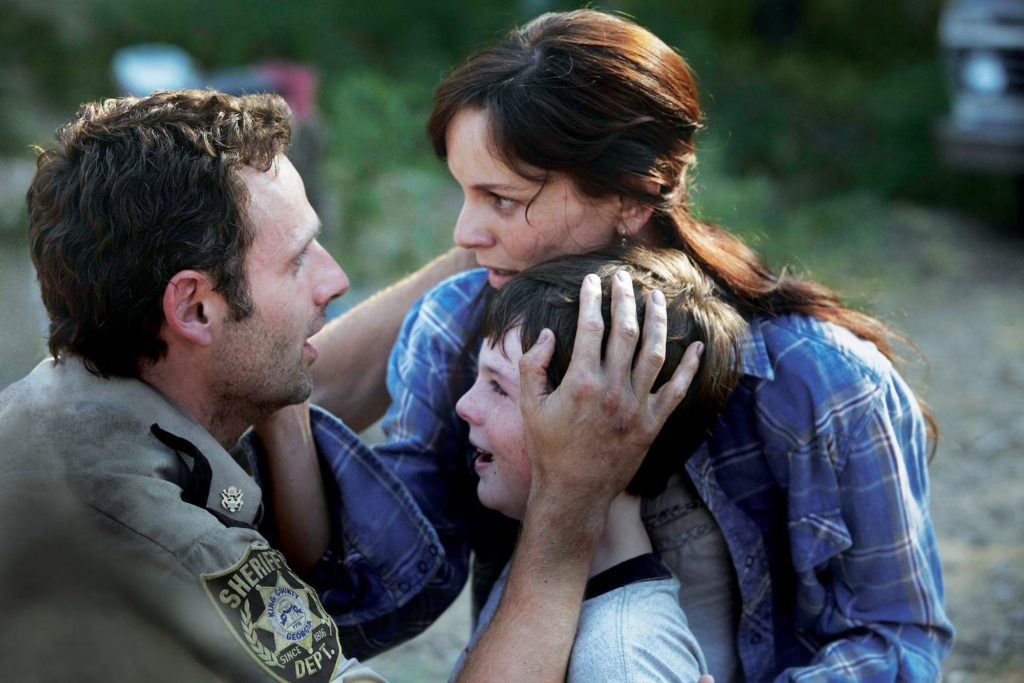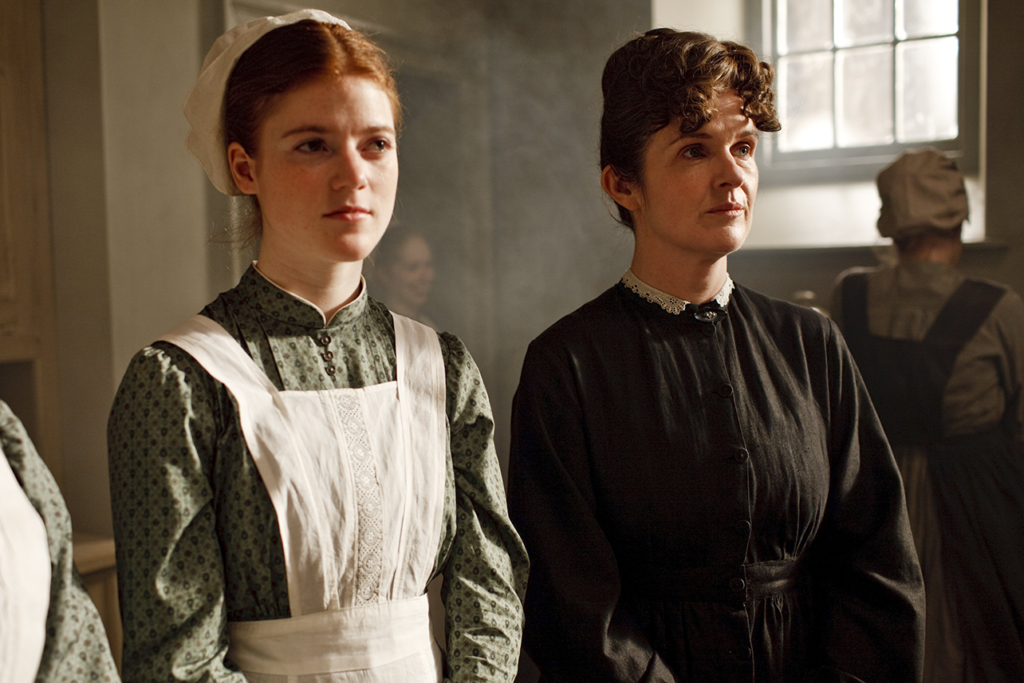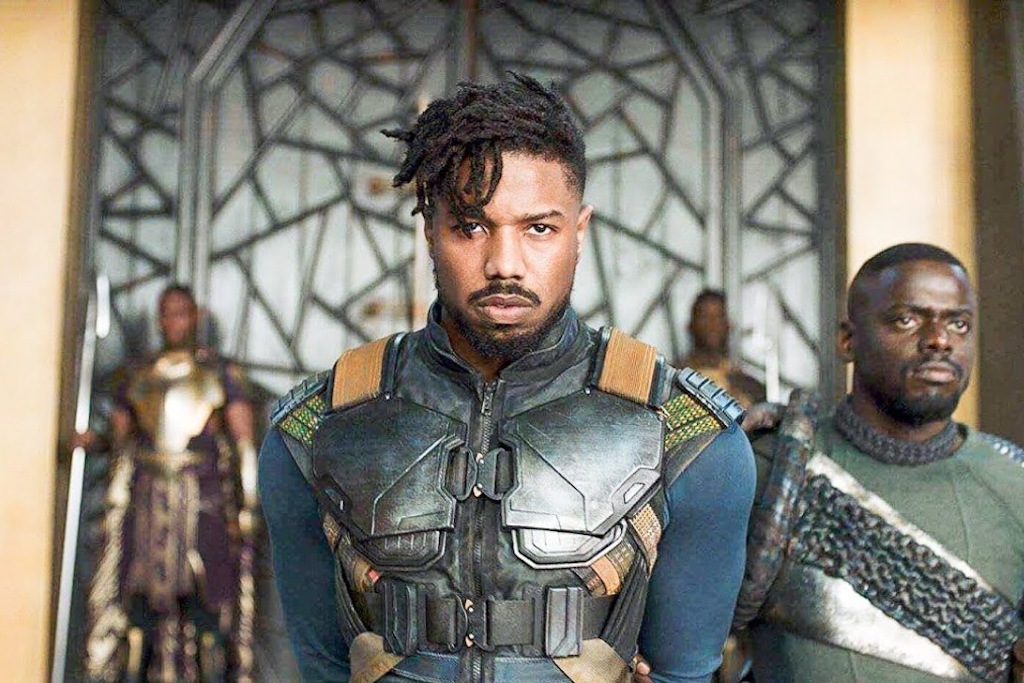“It’s basically a soap opera” is an accusation I’ve seen hurled at shows as disparate as Downton Abbey and The Walking Dead — and it is almost always framed as an accusation or a dismissal, not merely a description. I just started watching Game of Thrones (I know) and last night I described the notoriously violent fantasy series just that way, and then wondered what I’d meant by it.

So now I’m wondering: what is it that makes a show “like a soap opera?” Are there shows that aren’t like a soap opera? And is being like a soap opera inherently a bad thing?
I present to you, one of the greatest moments in soap opera history. Theresa Lopez-Fitzgerald of Passions explains an entire storyline in seconds in the middle of a chase.
I am dead. pic.twitter.com/rnsVKsA7LI— T'ChAngie Thomas Doesn't Cast Films is “on hiatus” (@angiecthomas) March 31, 2018
I definitely need to do some more thinking on this so I welcome your comments if you disagree, but here is a list of qualities that I think are what people are referring to when they say that a show is like a soap opera:
-
The show is almost entirely about interpersonal relationships.
Almost all TV shows have important relationships at their core (except maybe some procedurals at the extreme end of the episodic-serialized spectrum, like the original Law & Order), but on some shows the relationships are the music underscoring the plot and on other shows the relationships are the plot.

For example, I would not describe The Americans as a soap opera because though Philip and Elizabeth’s relationship is absolutely central to the show and is in fact in many ways what the show is “about” in a thematic sense, the plot rarely revolves around it, but on Game of Thrones pretty much everything that happens is driven by someone’s relationship with someone else.
Is this a bad thing? I would definitely say no, but I do think it might be sometimes described as a bad thing because talking about relationships is something that’s traditionally thought of as “chick flick” stuff and is therefore devalued by a society that devalues most things feminine.
-
The show has a lot of “talking head” scenes in which two people just have a conversation about their relationship with each other, about their relationship with someone else, or about someone else’s relationship with someone else.
The Walking Dead is famous for relying on these types of scenes more heavily than its zombie-craving audience would prefer. I think it especially starts feeling “like a soap opera” when characters seem to be having the same conversation over and over, or start dissecting the inner workings of each other’s relationships more often than they ever would in real life.
Is this a bad thing? Yes, sometimes. Television is a visual medium, though maybe less so than film, and while talking head scenes can keep your budget down, they can get stale after awhile to viewers.
HBO is famous for putting naked women in the background of scenes like this to make the scene more visually interesting (a move perfected on The Sopranos, another show I would describe as “basically a soap opera” — think about how much of the plot on that show was driven by someone essentially hurting Tony’s feelings).
-
The show has a sprawling cast and a plot that’s heavily reliant on complicated histories between characters, often requiring lengthy “Previously Ons” before each episode.

Is this a bad thing? Not necessarily, but be wary of it in your own work if you’re a new writer.
-
The show’s plot revolves around a lot of extremely dramatic and dysfunctional relationships full of secrets, lies, and misunderstandings. A surprising number of plots hinge on someone happening to be outside a door in time to overhear a private conversation.
I’m not as confident about this one because it doesn’t describe The Walking Dead (a show that is constantly described as a soap opera by its detractors) or The Sopranos, but it certainly describes Game of Thrones and Downton Abbey.
Is this a bad thing? I don’t think a secret baby plot is any more ridiculous than a “zombie virus outbreak threatens humanity” plot, so no.
What do you think? What did I miss? What did I get wrong?
Are there other shows you think are secretly “basically a soap opera” or shows that are definitely not a soap opera?
***
You can now like this page on Facebook! On the Facebook page, click the “Following” dropdown and select “See First” and “Notifications On” to get notified of new posts.
